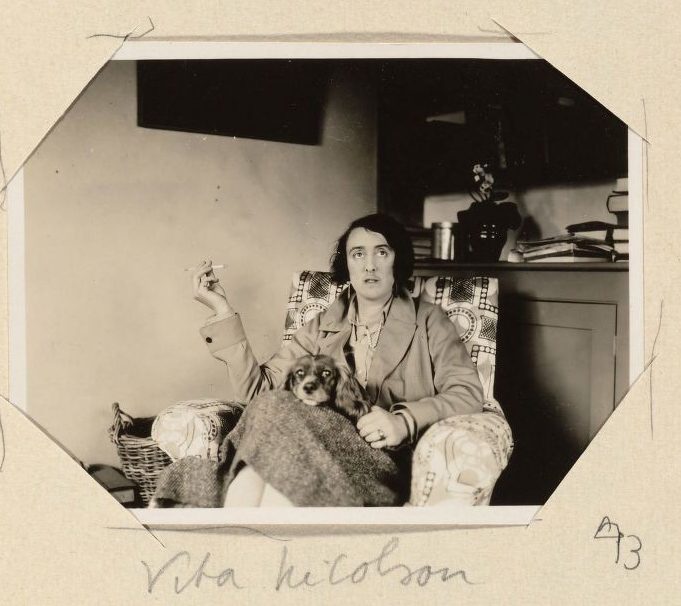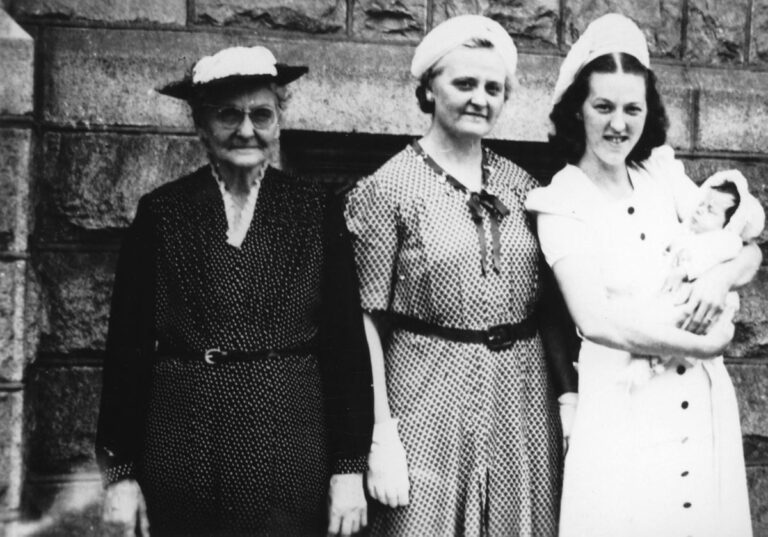Why the Language of Awesomeness Fails Us
We trust the language of betrayal. If a teen writer wants to win a contest, let her turn not to the wonders of the world but to its horrors. Profundity is biased toward the grim, and injustice is not ageist.

We trust the language of betrayal. If a teen writer wants to win a contest, let her turn not to the wonders of the world but to its horrors. Profundity is biased toward the grim, and injustice is not ageist.

Last week, the National Book Foundation announced nominees for its annual awards in fiction, nonfiction, poetry, and young people’s literature. If we are, in the words of poet Kaveh Akbar, living in a “golden age of poetry,” what can a closer look at this year’s contenders tell us about it?

There are a number of practices and resources that can encourage the practice of reading generously or introduce one to new writers.

A few days before my son was born, my parents and sister came to Princeton, where my husband and I lived at the time, to witness the birth. They had found a sublet a few blocks away from our apartment, but my mother wanted to spend the first few nights after the birth with us.

Recent memoirs on death and dying offer profound insights for the living, from Edwidge Danticat’s comprehensive new book, The Art of Death, to more intimate accounts of facing death first-hand, such as Nina Riggs’ The Bright Hour and Cory Taylor’s Dying: A Memoir.

Science relies on metaphors. The work that metaphors do, after all, is to either make the familiar strange, or to make the strange familiar. Science is full of strangenesses, difficult for most of us to grasp unless we have something more quotidian to compare it to. Space, in particular, makes us feel the necessity of…

Chronic pain necessitates time spent alone, and so seems a natural conduit for loneliness. This doesn’t signal immediate alarm for the writer, who excels in spending time alone. But is there a more insidious, pervasive relationship between chronic pain and the writing process? How does it alter the texture of one’s work, and transfigure or contribute to it over a lifetime?

By switching back and forth between epistolary writing, imagined scenes, memoir, and journalism, Gerard shows her range of skills and voice while keeping her story contained to one location—Pinellas County, Florida, where Gerard grew up, and dips in and out of in her adulthood.

It’s an upsetting premise: The estranged parents of Ninon, a twenty-three-year-old woman dying of AIDS, travel across Europe to attend her wedding in Italy.
No products in the cart.